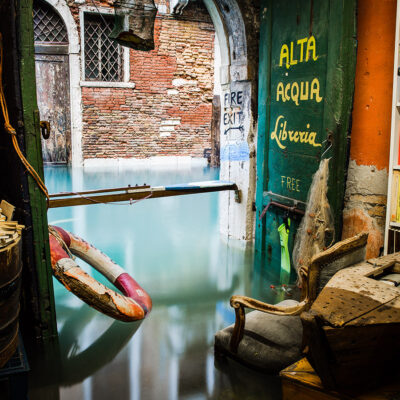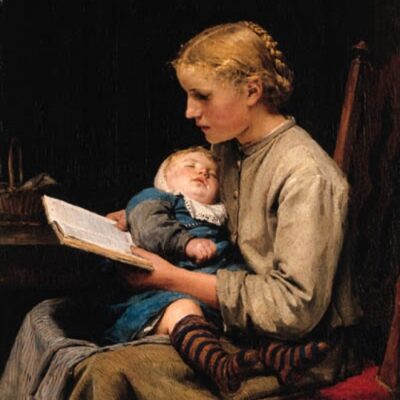Hang the Moon by Jeanette Walls
During her Politics and Prose presentation, Jeanette Walls states that she always thought of herself as a journalist and “truth teller,” in other words, a memoirist, biographer, or journalist. As time went on, however, she realized that whenever and whatever we write, “we shape our truths, by which stories we tell and how we choose to tell them.” So, when she decided to write about moonshine runners like her father, instead of choosing to write a memoir like The Glass Castle or Half Broke Horses, she chose historical fiction. And Hang the Moon was born.
In a video on the Author Learning Center, Jeanette Walls describes her novel as one that takes place in rural Virginia during Prohibition. The main character Sallie is trying to figure out right from wrong, good from bad. This was a period when The Volsted Act (officially the National Prohibition Act) was enacted to enforce the 18th Amendment, banning the production, transportation, and sale of alcoholic beverages in the United States. This deeply affected Sallie, her family, and others in the area because of their involvement in the liquor industry. The law was very much at odds with their way of survival! Many including Sallie’s family turned to bootlegging, which is the illegal production and sale of alcohol during Prohibition. This begs the question Sallie is faced with throughout the novel: How do you stay true to your roots when that means breaking the law?
The author states: “There are not a lot of iconic characters that we have from the moonshine era. They are largely reduced to hillbillies and caricatures. I wanted to dig a little deeper and give them a voice.” I believe Walls has done this extremely well. This is a character-driven novel with fierce figures you definitely won’t find listening to yacht music! As Sallie points out:
Wearing white gloves is a way of letting everyone know you don’t have to get your hands dirty working but instead have leisure time that you spend on clubs and committees and societies. Such airs are of the utmost importance to some town women—-the wives of the judges, the bank president, the undertaker, the clergy—-who are eager to set themselves apart from women of the hollows. Myself, I never have spent much time around ladies in white gloves, sure don’t own a pair, so I keep on finding reasons to mosey by the parlor, and whenever I do, I slow down, my eyes and ears wide open so I can take in all the white-glove talk and white-glove manners. [p. 58]
Jeanette Walls has drawn parallels between the characters in her novel and the Tudor dynasty, highlighting similarities between Sallie Kincaid and Elizabeth I and Duke Kincaid and Henry VIII. Sallie, like Elizabeth, experiences a period of banishment followed by a position of influence. Sallie’s father Duke is a charismatic, power-hungry man mirroring Henry VIII’s notorious pursuit of male heirs and his domineering nature. His multiple marriages and his treatment of his wives resemble Henry’s own marital history. Sallie’s half-sister Mary, a pious and fiercely loyal woman, is likened to Mary Tudor, also known as “Bloody Mary.” Walls uses names like Jane and Seymour for other characters, further connecting the characters to the Tudor dynasty.
I didn’t pick up on the links to British royalty until I listened to: I think it was Politics and Prose—I was going more in the direction of “Succession” or “The Godfather.” For instance, this scene reminds me of the scene in “The Godfather” during his daughter’s wedding when he’s meeting with people in his study and grants them time and they kiss his ring.
The Duke is the richest man and the biggest landowner in the county. Plus, he’s chairman of the Claiborne County Democratic Party, meaning he decides who gets elected to what job. People come to the Duke’s office with their troubles, and when I was a little girl, I’d sit in a corner on Saturday mornings pretending to read while listening to folk ask the Duke for a loan to tide them over until the harvest, or a bail bond to get their son out of jail, or to make things right between their daughter who was in a family way and the daddy who wouldn’t own up. [p. 38]
This is a terrific historical fiction novel that had me hitting Google to find out more about Prohibition and moonshining. Here are a few of my favorite finds:
Roots of Prohibition the Time Is Now
Life in Virginia’s Appalachia — Moonshine
Local History: Franklin County — The Moonshine Capital
Moonshine Blue Ridge Style
History of Moonshine in Franklin County
Virginia’s Mountain Spirit Trail
Mountain Spirit: Virginia’s Moonshine Heritage Trail
Check Amazon for more on this book I love.


















A great historical novel by a favorite author! Thanks for the terrific review.